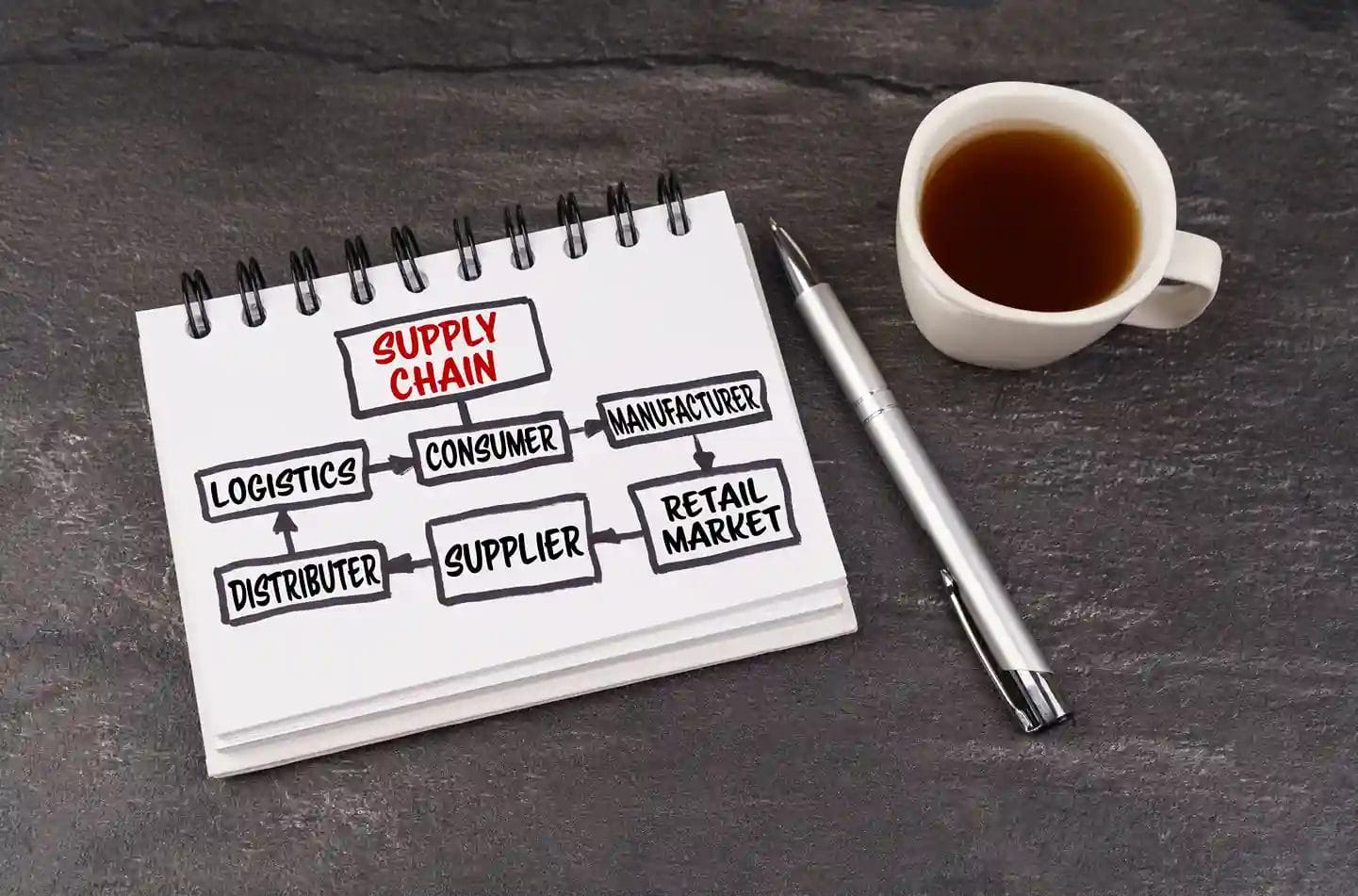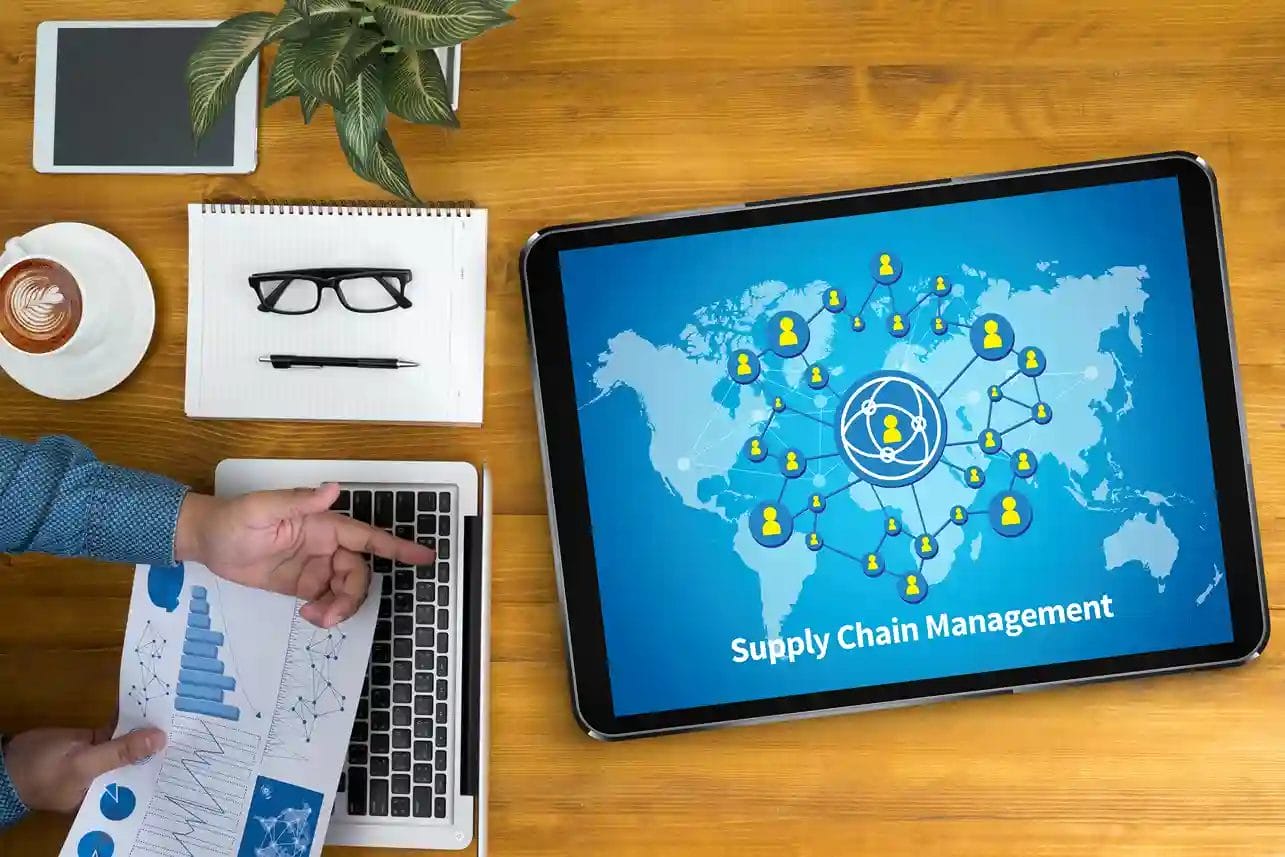Coffee, a beloved drink for many, has a fascinating journey from the plantations to your cup. Let’s dive into the intricacies of the coffee supply chain.
The Intricacies of the Supply Chain of Coffee Industry
Coffee’s journey starts with the farmers who cultivate the beans. In the Philippines, a country rich in agricultural history, coffee production holds a significant place. However, the supply chain of coffee industry faces various challenges, from unpredictable weather patterns affecting crops to global market demands influencing prices.
Stage 1: Coffee Farming
- Seed to Sapling: It all starts with a humble seed, planted and nurtured to become a healthy coffee tree.
- Harvest Time: The cherries are handpicked once they ripen, usually red or yellow depending on the variety.
Stage 2: Processing and Milling
- Washing and Fermenting: The cherries are depulped and fermented to remove mucilage.
- Drying and Milling: The beans are then dried and hulled to remove the outer layers.
Stage 3: Trading
- Local Market to Global Distributors: The coffee moves from local markets to exporters and then onto global distributors.
Stage 4: Roasting and Grinding
- The Transformation: Green beans become the aromatic, brown beans we know and love.
Stage 5: Packaging and Retailing
- Last Mile: The coffee finally gets packaged and is ready to hit the shelves.
Stage 6: Your Brew
- Finale: The beans are ground, brewed, and poured into your cup for that delightful sip.
The Filipino Coffee Connection: A Flavorful Tale

In the Philippines, the love for coffee runs deep. It’s not just a beverage; it’s a part of the culture. How does the global coffee industry differ in this Southeast Asian archipelago?
Traditional Farming Techniques
- Small Farms, Big Flavors: Most Filipino coffee farms are small-scale operations, allowing for intricate care and unique flavors.
- Community Sourcing: Local farmers’ markets are a big deal, providing an alternative to global supply chains.
Specialty Coffees
- Barako and Arabica: These local variants offer a distinct flavor profile, with Barako offering a stronger, more robust taste.
The Local Café Scene
- Rise of the Artisanal: Local roasters are adding value right in the Philippines, often in close proximity to the farms.
If you’re ever interested in collaborating with a coffee manufacturer in the Philippines, the growing specialty coffee scene offers some intriguing opportunities.
Factors Affecting the Coffee Industry Supply Chain

When we talk about the coffee industry, it’s vital to understand the different elements affecting the supply chain of the coffee industry.
Environmental Concerns
- Climate Change: A rising global temperature affects coffee growth, reducing the areas where coffee can be cultivated.
Ethical Trading
- Fair Trade: This ensures that farmers are compensated fairly for their work.
Logistics
- Efficiency and Cost: Streamlined processes are essential for a smooth supply chain.
Coffee Traceability: The New Frontier in the Coffee Industry
With the rise of technology, traceability has become a buzzword in the coffee industry supply chain. It’s not just about tracking beans but ensuring transparency, fairness, and sustainability from farm to cup.
How Does Traceability Work?
- QR Codes and Barcodes: Modern packaging often comes with QR codes that you can scan to find out the journey of your coffee.
- Blockchain Technology: Some companies use blockchain to record every transaction and transfer, providing unalterable records.
Traceability is not only beneficial for the consumers but also for farmers. They get recognition for their produce, and ethical practices can be confirmed.
Why Is Traceability Important?
- Consumer Trust: Knowing exactly where your coffee comes from and how it has been handled builds trust.
- Sustainability: Traceability often goes hand in hand with sustainable farming practices.
The Technology Behind a Good Brew: Innovating the Coffee Industry

Technological advancements, from blockchain to AI, are revolutionizing the coffee supply chain. They promise a more transparent, efficient, and accountable system, ensuring that every cup you sip has a story to tell.
Crop Management Software
- Data-Driven Farming: Software solutions help farmers track weather conditions, crop yields, and more.
IoT in Processing
- Smart Machines: Internet of Things (IoT) devices monitor coffee processing to ensure optimal quality.
E-commerce for Coffee
- Global Reach: Online platforms enable even small-scale farmers to reach a global audience.
Coffee Trends Impacting the Supply Chain
From cold brews to specialty lattes, the ever-evolving coffee trends play a pivotal role in shaping the coffee industry. Staying ahead of these trends ensures that businesses remain relevant and competitive.
Cold Brew and Nitro Coffee
- Special Requirements: These trendy brews often require specific beans and brewing techniques, affecting how suppliers stock up.
Bean-to-Cup Models
- Roast in Retail: Some cafés now roast their beans in-house, affecting the timing and scale of bean delivery.
Subscription Services
- Regular Shipments: Coffee subscription boxes mean that roasters need to have a consistent and scalable supply chain model.
Brew with Purpose: Social Responsibility and Coffee
In a world where consumers are more conscious about their choices, coffee businesses are realizing the importance of social responsibility. From ethical sourcing practices to supporting local farmers, every decision in the coffee industry supply chain matters.
Ethical Partnerships
- Direct Trade: Some roasters and brands establish direct relationships with farmers, bypassing middlemen.
Community Programs
- Education and Training: Many coffee companies invest in training programs for farmers, aiming to improve both yields and livelihoods.
Environmental Initiatives
- Recycling and Composting: From using recycled materials for packaging to encouraging composting of used coffee grounds, brands are focusing more on eco-friendly practices.
By making responsible choices, we can all contribute to a more ethical and sustainable coffee supply chain.
In Summary: Every Sip Tells a Story
Now that we’ve taken this rich, flavorful journey exploring the various aspects of the coffee supply chain, the next cup you sip will surely taste even better. As a stakeholder or a simple coffee lover, knowing what goes into creating that perfect cup elevates the experience, helping you appreciate each note and nuance.
